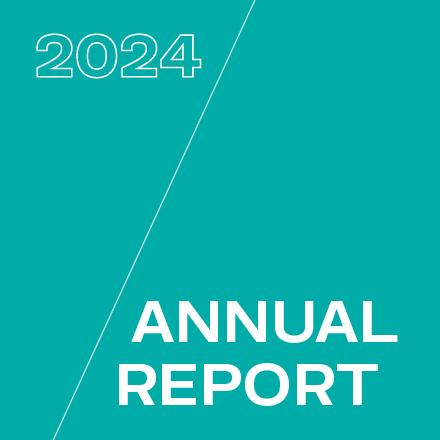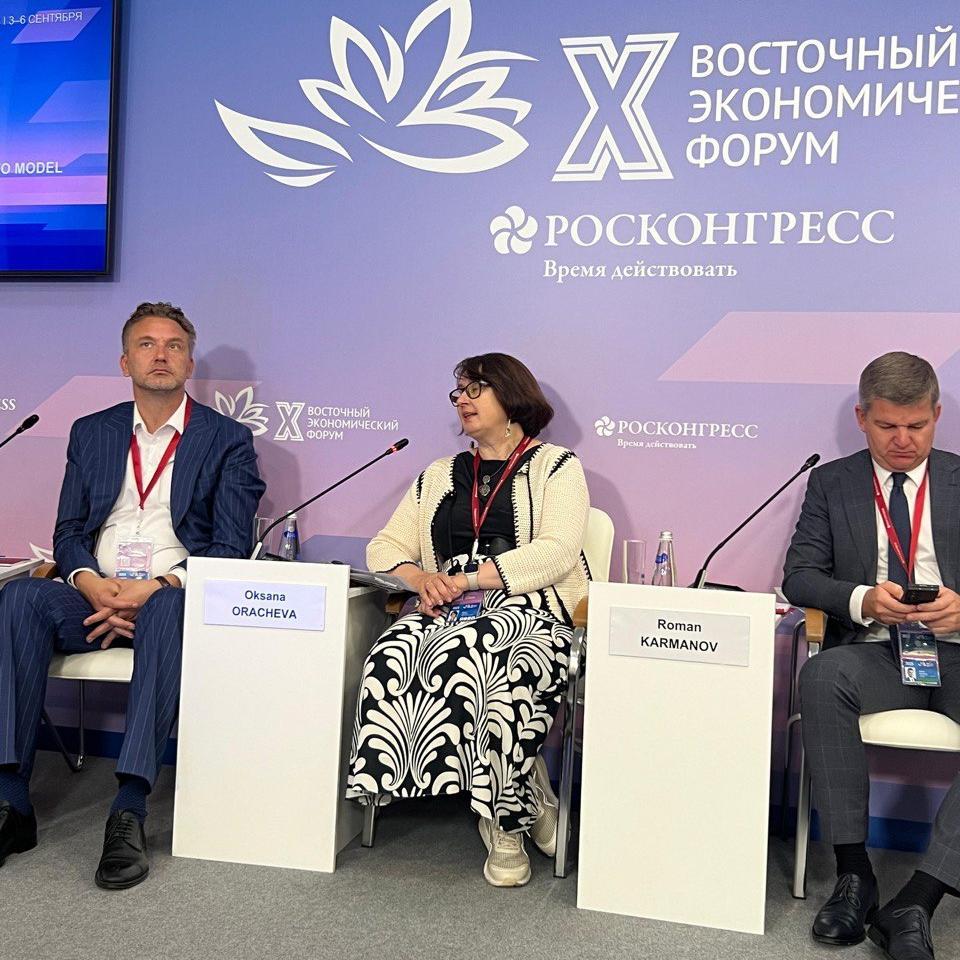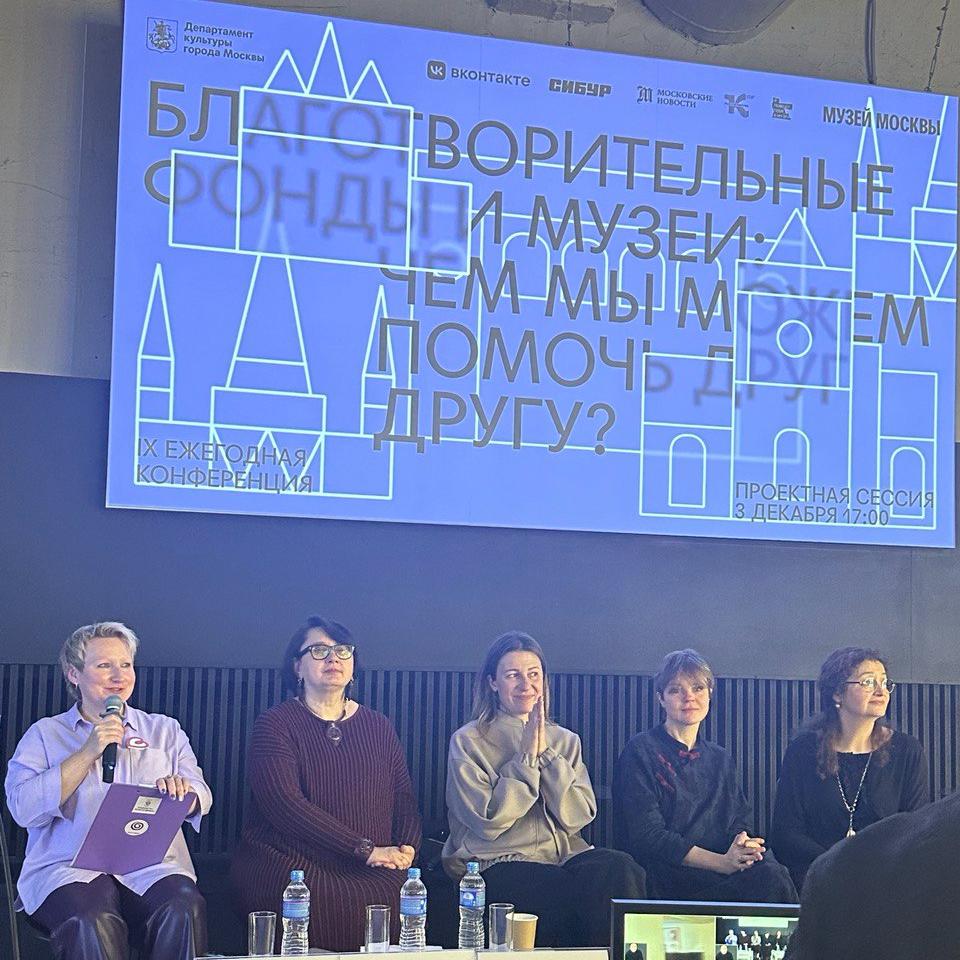The annual International Endowment Forum was held in Astana, serving as a platform for experts in sustainable finance and the development of the educational environment. Experts from Kazakhstan, Russia, and other countries shared their ideas, practical cases, and tools for supporting education through endowments.
One of the key events of the Forum was the plenary session attended by the General Director of the Vladimir Potanin Foundation, Oksana Oracheva. She spoke about the Russian experience in creating and developing endowments. The discussion also involved representatives of the Ministries of Education and Science of Kazakhstan, heads of universities, and experts in the field of endowments. The plenary session was moderated by Duman Aitmagambetov, Vice-Rector for Strategic Development and Internationalization of the Eurasian National University.
Vice Minister of Science and Higher Education of the Republic of Kazakhstan Gulzat Kobenova spoke about the country’s work toward achieving its strategic goal — to become an educational hub for all of Central Asia.
At present, more than 707,000 undergraduate, graduate, and doctoral students are studying at Kazakhstan universities. In 2023, with the support of the Public Foundation Qazaqstan Khalqyna, free access to international educational online platforms was provided, and today more than 346,000 scholarships have been awarded to our students, contributing to the development of student startups in the country. This is just one example of how a foundation can support the improvement of education quality.
According to Gulzat Kobenova, there are already 33 branches of foreign universities operating in the country, and the number of international students has reached a record 31,500 in recent years. By 2029, Kazakhstan plans to increase this number nearly fivefold — to 150,000 students.
The General Director of the Vladimir Potanin Foundation, Oksana Oracheva, spoke about the key stages in the establishment and development of endowments in Russia, noting that their emergence became possible thanks to a combination of historical preconditions, institutional interest, and the creation of a legal framework in 2006. She highlighted that today more than 320 organizations with endowments operate in Russia, and the Vladimir Potanin Foundation’s endowment, established in 2022, is the largest in the country and among the world’s top 100 non-profit endowments.
Oksana Oracheva also shared the Foundation’s experience in supporting the endowment institution, emphasizing that sustainable development requires not only financial assistance but also the creation of a comprehensive infrastructure — from professional management companies to the enhancement of the competencies of non-profit organizations themselves.
Since 2012, we have been supporting the creation of endowments on a competitive basis, and during this time 59 organizations have received more than one billion rubles. Among them are universities, museums, schools, and social and medical institutions. It is fundamentally important that a donation to an endowment is accompanied by institutional support: investments are combined with strengthening organizational maturity and developing the management competencies of the team. Since 2019, we have been implementing educational programs for non-profit organization professionals — initially together with the Skolkovo School of Management, and today with the St. Petersburg School of Management and ITMO University,
the Foundation’s head emphasized.
With the support of the Vladimir Potanin Foundation, Knowledge Hubs were established in Moscow, Penza, Perm, and Tomsk. Today they operate independently, providing resources, educational materials, and courses for those seeking to establish their own endowment or facing challenges in developing existing capital.
Higher education development expert Susan Holter shared international expertise and spoke about the “donor pyramid” — a tool that helps build a strategy for finding and working with donors, even when small contributions are involved. Marina Petrova, Executive Director of the MGIMO Development (Endowment) Foundation, presented the institute’s experience in building and growing its endowment, which today exceeds 2.25 billion rubles, emphasizing the importance of working both with major donors and the business community. According to Marina Petrova, companies today have a strong demand not just for a philanthropy strategy but for understanding how it will be integrated into the company’s sustainability strategy. Therefore, it is crucial to plan both how much funding the foundation needs to form an endowment and what kind of proposal to present to businesses.
The discussion also included Ruslan Zerilov, Managing Director of BCC Invest JSC, who spoke about the solutions the company offers for sustainable growth of the endowments.
The International Endowment Forum in Astana became an important platform for sharing experience and developing new approaches to endowment growth in education and science. Experts from different countries agreed that effective endowment development requires not only financial resources but also the creation of a comprehensive infrastructure, the training of professionals, and strategic partnerships between the state, business, and society. The Forum demonstrated that endowments are becoming a key tool for the sustainable development of universities and the social sphere, while international exchange of practices opens new horizons for their growth in Kazakhstan and beyond.







